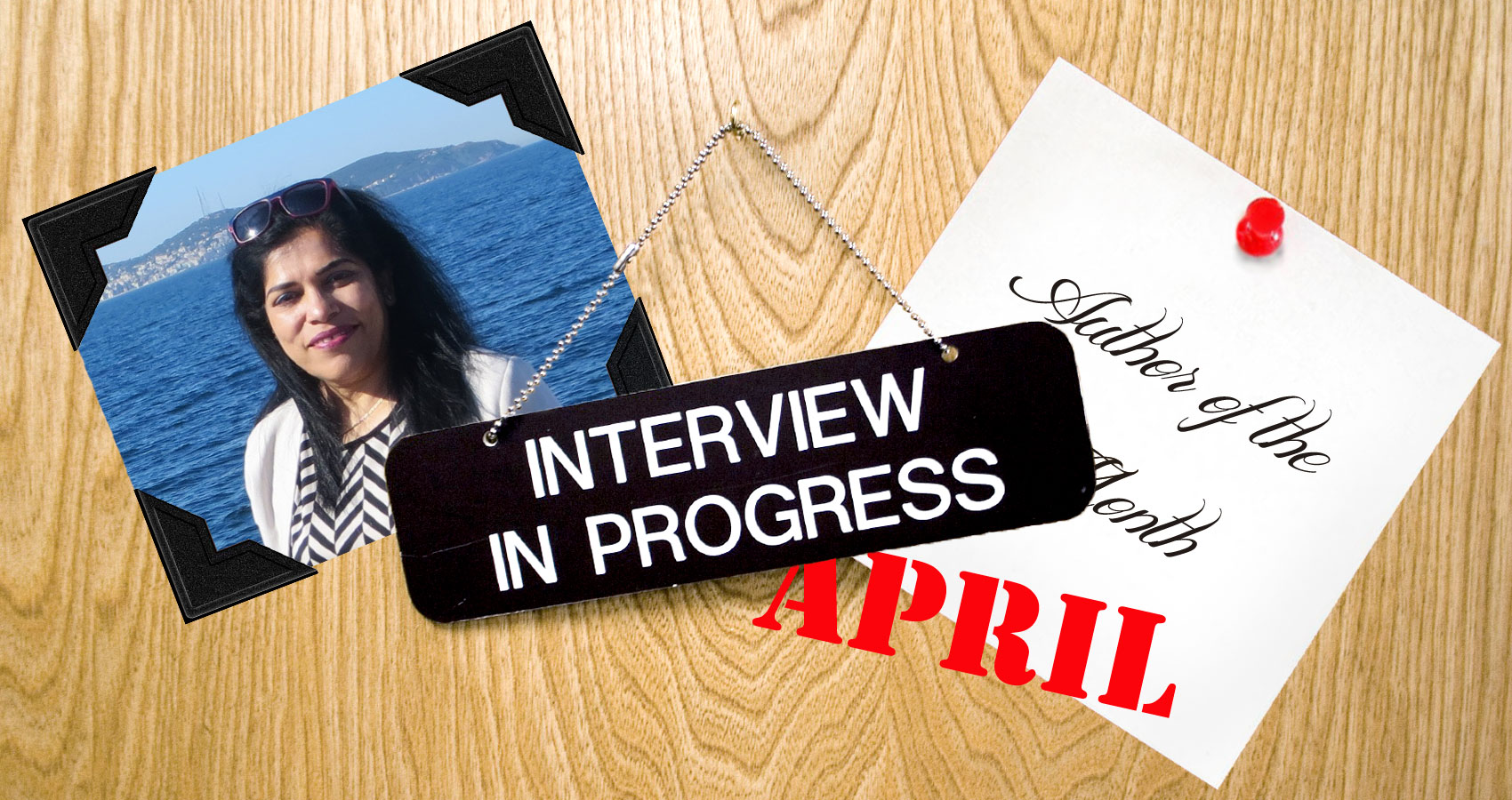Interview Q&A with Shruti Das
We offer our first and exclusive Q&A Interview with Shruti Das, a writer whose multiple literary works have been featured on our Spillwords pages as well as being Author of the Month of April 2017.
- Please tell us a little about yourself and your background?
I was born in Cuttack, a small town in Odisha in Eastern India, and had most of my upbringing there. I was born into a family of freedom fighters and revolutionaries. I am the youngest of three children and my parents and family indulged me. I took to studying and majoring in English literature. We have a small farm in the ancestral village and thus, I have had access to rural as well as urban life. My work and research allowed me to travel and meet a lot of people. I do have the travel bug in me.
- What has influenced your writing style?
I think my writing style came naturally to me. But I could owe it to the freedom of thought and expression that my father always encouraged me to have.
- What inspires you to write?
So many things. To begin with the angst, suffering and strife of women; my culture; the environment and the way we destroy it. It hurts me to see hurt.
- When did you realize you wanted to write?
I don’t really know and I can’t exactly say. Maybe when I was very young and was playing rhyme games with my father. But I certainly wanted to write poetry when I was in High School.
- Tell us a little bit about your writing process?
I get an idea and mull over it for maybe a few hours or days, then I sit down to pen the lines down in a notebook. Sometimes I get an idea or some lines in my sleep. They compel me to write, I often get up in the dead of the night to write those lines. I usually write in the early hours of the day or in the quiet of the night.
- What would you say is most fulfilling about writing?
This is an interesting question. Writing itself is fulfilling like becoming a mother or a nurse. When an idea brews in me I feel the urge to put it in black and white. A pain escapes me when I complete the piece writing and I feel relaxed after I have read the final draft. I feel happy when I see the crisp words conveying the sense of my intent.
- Does the addition of imagery help to tell your story?
Of course. I use a lot of imagery, motifs, cultural elements and allusions. They help me express myself more productively. I, sometimes, feel I can escape into those images and cultural symbols and allow them to say whatever I wanted to say.
- What do you most enjoy reading?
I love reading fiction and poetry. Especially, modern poetry.
- Is there a poet or a writer that has influenced you? If so, in what way?
I can’t strictly say that there is one poet or writer who has influenced me, but I would like to name a few. It is W.B. Yeats, T.S. Eliot, Sylvia Plath and Maya Angelou whose poetry I would swear by. And there is Toni Morrison and Dickens who I love to read and re-read. These great writers have mesmerized me into a way of thinking which is possibly uniquely theirs. Their detached expression of angst and repression, the manner in which they have rendered the personal universal is something I adore about them.
- What are your ambitions as a writer?
As a writer I wish to reach out to more and more people. I want to represent the sorrows of the women/children/troubled people across borders, because pain is universal and these are troubled times. And above all, I would like my poetry to grace the pages of literature long after I am gone.
- Is there anything else you would like to add?
I have had the good fortune of living in sylvan surroundings, in pristine nature and am really sad to see most of it rapidly go. I would like to ask the readers of this journal to take care of themselves by taking care of nature and animals; to feel the pain of existence and to resist violence.
- The Secret Smile - August 10, 2021
- Interview Q&A With Shruti Das - May 16, 2017
- Eloquence of Death - April 6, 2017



